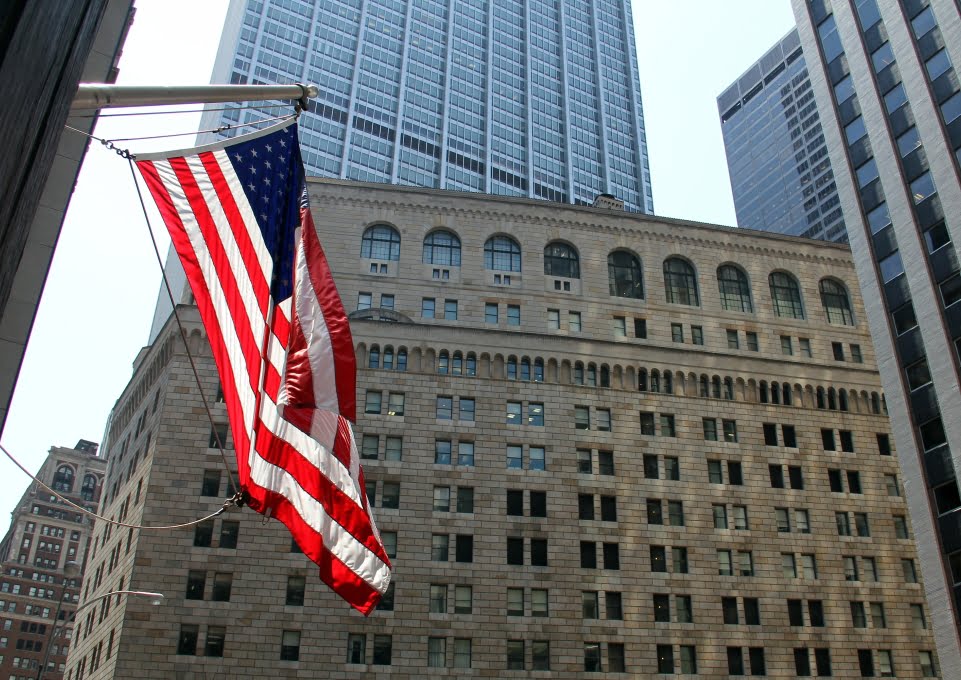New York City is taking its business away from banks that lack anti-discrimination plans. Following the first-ever public hearing held by the New York City Banking Commission yesterday (May 25), all three members voted to limit deposits at Capital One—the ninth-biggest bank in the US —and KeyBank.
The authorities alleged the two banks not only “failed to submit required plans demonstrating their efforts to root out discrimination,” but also “outright refused to submit required policies,” according to their press release.
As a result, New York City comptroller Brad Lander joined the mayor’s office and the department of finance in freezing new deposits at the banks. (The halt applies only for City agency funds, and not New York City residents.)
The latest actions are the result of new requirements introduced in February that assess banks’ commitment to non-discrimination practices in lending, employment, and other services.
Quotable: Demanding fairness from banks
“Banks seeking to do business with New York City must demonstrate that they will be responsible managers of public funds and responsible actors in our communities. Unfortunately, despite several opportunities to do so, five banks failed to comply with the New York City Banking Commission’s designation process–leaving us to conclude that they are not taking meaningful actions to combat discrimination in their operations and are not responsible stewards of public dollars.” —NYC Comptroller Brad Lander in a May 25 statement.
New York City banking commissions’ verdict, by the digits
26: Banks that received approval at the first-ever Banking Commission public hearing, based on their non-discrimination practices, and stronger scrutiny for soundness in light of recent bank failures. All of the applicants passed the soundness review, including assessing unrealized losses, uninsured deposits, and capitalization ratios of banks seeking to hold funds on behalf of city agencies
5: The number of banks, including Capital One and KeyBank, that failed to comply with the designation process. The other three banks the Comptroller voted against holding public funds are International Finance Bank, PNC Bank, and Wells Fargo, neither of which currently hold any City deposits
$7.2 million: The amount of City deposits Virginia-based Capital One held at the end of April across 108 accounts
$10 million: The amount of City deposits Ohio-based KeyBank held at the end of April across three accounts
Up to 2 years: The length of the freeze on new deposits in Capital One and KeyBank
1 year: How much longer can Capital One and KeyBank service existing contracts for
A non-exhaustive list of banking practices denounced at the public hearing
At the public hearing, the Banking Commission heard testimony from a wide array of residents:
☪️ Muslim New Yorkers who experienced discrimination in the process of opening or closing accounts. Racism has been an issue for black and brown Americans trying to join the financial system.
🏘 Tenants worried about predatory lending practices by banks that jeopardize their rights and safe living conditions. It contributed to the downfall of the now-defunct Signature Bank.
🌡️ Climate advocates who condemned banks that continued to lend billions of dollars for fossil-fuel expansion, ignoring their net-zero commitments.
🏦 Frontline bank staff that faced illegal and abusive practices.
🔫 People worried about bank operations contributing to gun manufacturing.
The public airing of issues gave rise to “support for the idea of a public bank that would instead put those dollars to work for our communities,” Annie Levers, the city’s deputy comptroller for policy, said yesterday.
The flip side: Texas and Florida penalized “woke” banks
While New York City is featuring community reinvestment and fair credit practices in its criteria for monitoring financial institutions, some Red states are doing the opposite.
For instance, two 2021 Texas bills bar state government entities from doing business with companies that discriminate against the firearm or ammunition industries, ones that prioritize Environmental, Social, and Governance (ESG) policies and boycott energy companies. In March this year, the Texas comptroller added HSBC to its “blacklist” over the bank’s refusal to fund new oil and gas projects.
Earlier this month, Florida governor and 2024 Republican presidency hopeful Ron DeSantis signed into law a February bill that bars big banks, trusts, and other financial institutions from discriminating against customers for their religious, political, or social beliefs, “including their support for securing the border, owning a firearm, and increasing our energy independence,” as well as taking ESG out of consideration in all investment decisions at the state and local level. The law, set to go into effect on July 1, eliminates, in DeSantis’ words, an “ideological litmus test.”
Source : Yahoo
















